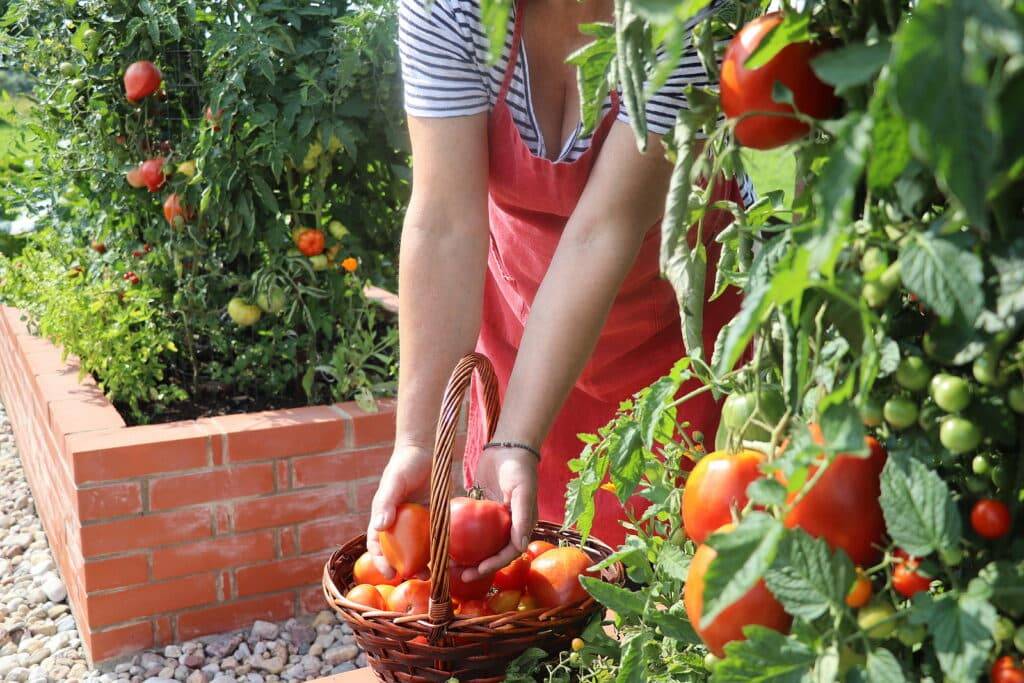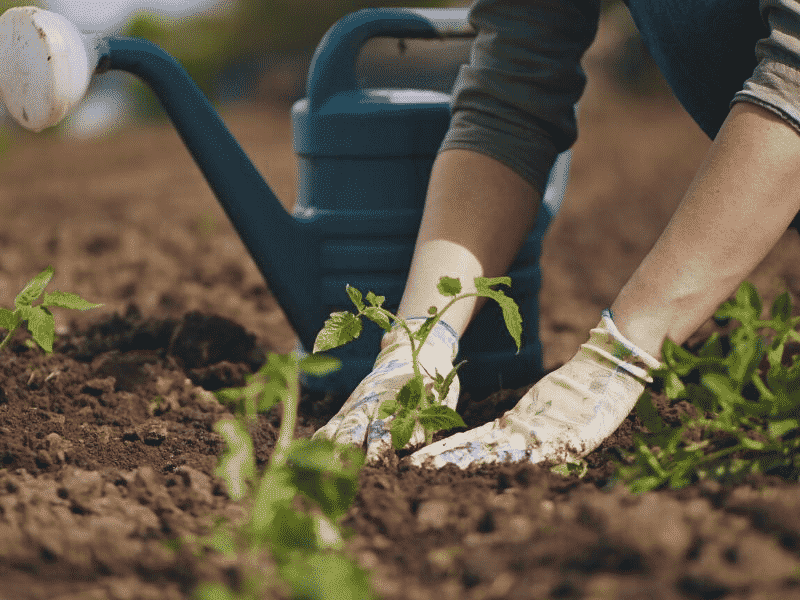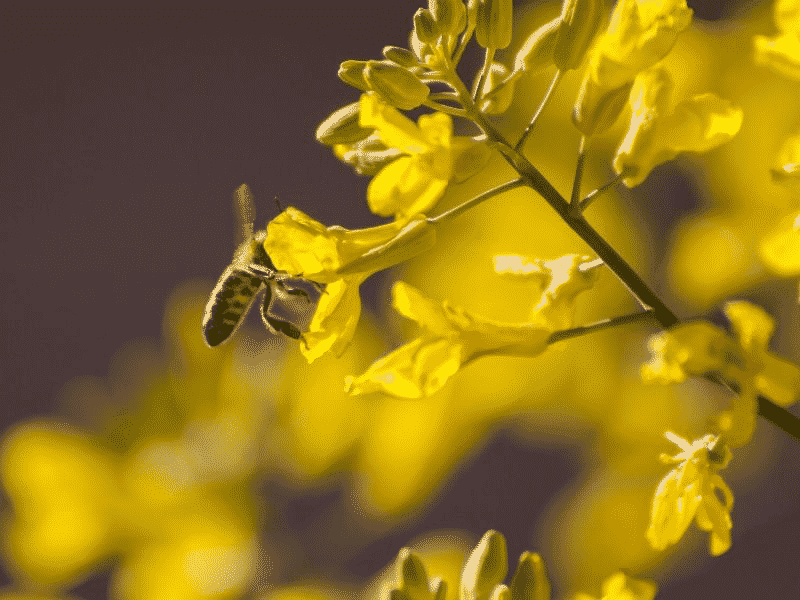How to grow the best vegetable garden . Summer means gardening. This also means you’ll be spending your time under the sun, pulling weeds, planting seeds, and enjoying all the beauty that nature has to offer. Summer also means fresh foods—we head to farmer’s markets, the grocery stores offer local foods, and farm yields increase abundantly. The list goes on! This summer, why not make the best of both worlds—garden and get gorgeous fresh foods to eat?
Soothe your soul and munch on some delicious foods when you follow some of our tips on how to grow the best vegetable garden possible.
Besides, what’s the point of gardening if you can’t enjoy the fruits of your success?
Get Particular with Your Plants
It can be quite tempting to grow every single vegetable you love, but that will get overwhelming fast. If you want a successful vegetable garden, then you need to be particular about what vegetables you want to grow. Though a vegetable garden is low maintenance, it is not no maintenance, so don’t overdo it. We suggest sticking with four to five vegetables and growing those well before you try to take on more.

Don’t Over-Fertilize
When it comes to a soil garden, do you best not to over-fertilize. Everyone loves fertilizer when they use it correctly. But when overused, you’ll obtain plenty of green, lush growth, but with way less fruit and a smaller harvest. In fact, we suggest using an organic compost in place of fertilizer—you’ll still give the plants the nutrients they need to grow but in a much more natural sense.
Vary Your Gardening Methods
This piece of advice may seem strange, but it can make all the difference. It’s actually one of our favorite tips on how to grow the best vegetable garden possible! If you’re struggling with the world of traditional gardening, try out some different methods in addition. Try container gardening or hydroponic gardening—you’ll end up greatly increasing your yields when you open up to various methods.
Pay Attention to Location
The location of your garden plays such a big role on its success. Most vegetable plants do best in full sun, so if your current location isn’t getting plenty of sunshine, then that’s probably where the problem lies. Try your best to find a garden location that gets at least six hours of sun a day. In addition, pay attention to the height of plants—if you put your tallest growing plants in front of your smaller ones, then problems can arise.
Watch Out for Over-Watering
We get so excited about gardening that we over-water and drown our roots—not good! Do your best to pay attention to how often you’re watering, and even to your watering techniques. If you have had some hydroponic gardening methods into your routine, then you’ll see how it limits the amount of water root systems get. Try to maintain this same ideal in traditional practices; allow the roots to absorb the moisture before you water again.
Read more – Tips for Building a Bee-Friendly Garden








